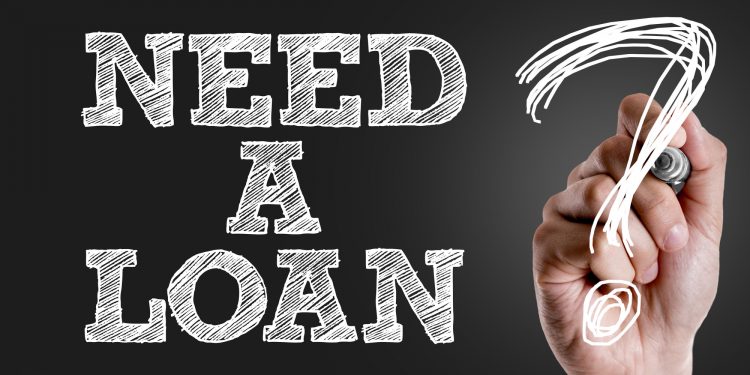A title loan is a targeted loan for the purchase of a car which becomes collateral to this loan type. Average rates of title loans are lower than on regular consumer loans. In fact, all banks that are closely involved in title loans conclude agreements with car dealerships and develop specific programs with them.
Many banks offer title loans not only for the purchase of new vehicles but also for the purchase of used cars as well as motorcycles and commercial vehicles. There are subsidiary banks of Western auto concerns that provide loans on the purchase of “native” cars at rates below market rates. You can also rely on a small 200 dollar loan at directloantransfer if you need to repair minimal damage to your car before applying for a title loan.
A number of banks operate under the government’s auto loan subsidy program. More than a hundred credit organizations participate in it. The cost of a car should not exceed a fixed cost and a mass of 3.5 tons. The main condition is that it must be produced in the United States. That is, it can be cars of both domestic brands and Western ones. The discount on a title loan with government support is now fixed at 10%.
As a rule, most banks require the borrower to conclude an agreement with an insurance company for the purchased car. Some banks do not make a prerequisite for issuing a title loan but the rate on it increases in this case. Also, banks may require life insurance from a borrower.
Please note that many car dealerships do not accept bank cards for title loan repayment. Payment is made either in cash or by bank transfer from the buyer’s account to the company’s account (with or without transfer fees depending on the bank). This situation is explained by the fact that car dealerships are not ready to pay commissions for acquiring. After all, the more expensive the purchase, the greater the amount you will have to pay to the acquiring bank salon. The list of car dealerships that accept bank cards to pay must be checked on the website of the bank you have chosen.
Benefits of Title Loans
People of working age whose permanent income is sufficient to make monthly payments can apply for a title loan. There are many credit programs on the market that can be arranged at a bank or directly at a car dealership.
Pros of Title Loans
- Possibility to buy a car in a short time. You have the opportunity to buy a car with minimal savings which may or may not be used to pay a down payment. The main thing is that the current income is enough to pay off the title loan received.
- Preferential title loans. The state encourages the purchase of manufactured homes for sale in the states by compensating part of the interest on the loan. The support applies to vehicles of various brands assembled in the United States. The maximum car price is limited.
- Long payout period. Banks issue title loans for a period of 1 to 5 years. If you choose a long term, then monthly payments will be insignificant and this can be convenient. However, the total cost of the title loan increases.
Thorough Study of Title Loans
The competitive struggle of financial institutions forced them to lower interest rates on loans. Thus, banks are competing with each other to offer clients all kinds of programs that attract their simplicity of registration and a small overpayment. You want to get the keys to your dreams as soon as possible, and the offers seem very tempting!
It is not worth rushing to make a decision and figure out which is better for a title loan or a consumer loan. It is necessary to thoroughly study the banking market before signing a contract in a hurry.
The task is simplified if you already have a certain amount on hand to pay off the initial payment. And the more it is, the less the percentage of overpayment will be. But not all citizens have even a small part of the funds to purchase a car. The variety of lending programs also solves this problem allowing you to choose the right conditions in each specific case.
Varieties of Title Loan Programs
To make the picture clearer and the right decision on which title loan is better to choose, consider the types of programs offered by banks:
- The classic loan is the most popular among the population. It is the most profitable option that allows you to buy a car with the least overpayment. In this case, it will be necessary to make an initial payment of 10% of the cost of the car. The remaining amount is distributed over the loan period (from 1 to 5 years).
- An express loan is issued quickly. A minimum of documents is required to conclude a contract (a passport and driver’s license will be enough). No income statement is needed. This type of lending involves a high interest rate as well.
- Loan without a down payment. In this case, the bank will present more stringent requirements for the client’s solvency. Other unprofitable conditions are also possible. Rates depend on the term of the loan and the type of currency.
- Loan without insurance. Some banks practice issuing a title loan without a policy which is mandatory in all other lending programs. On the one hand, insurance is not cheap, and the opportunity to get rid of the need to pay for it seems tempting.
On the other hand, there are additional expenses in the form of a large down payment and a high interest rate. Under such programs, the choice of cars is rather limited.
Follow HomeInside for more News!
